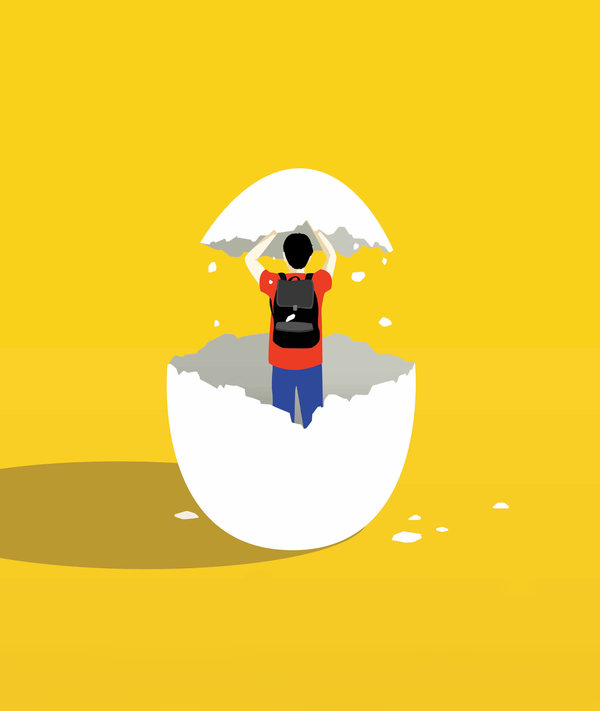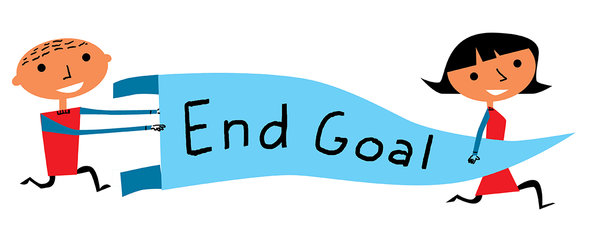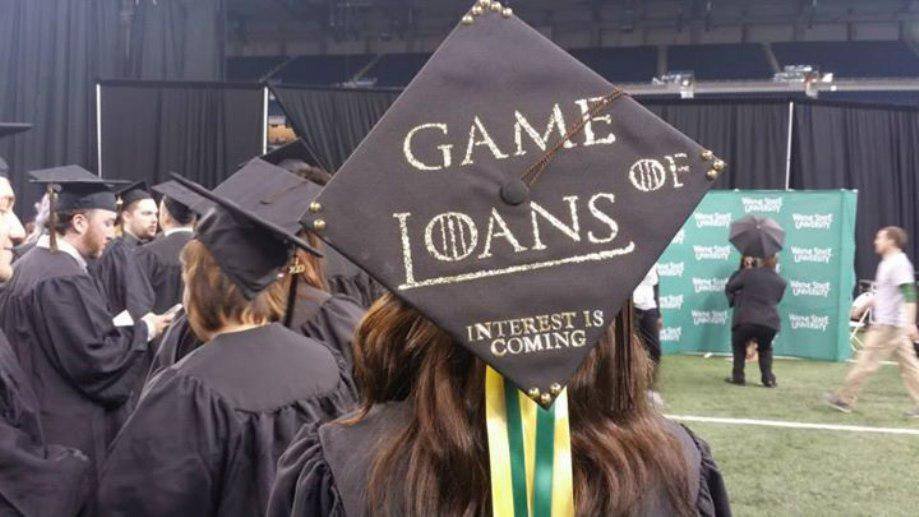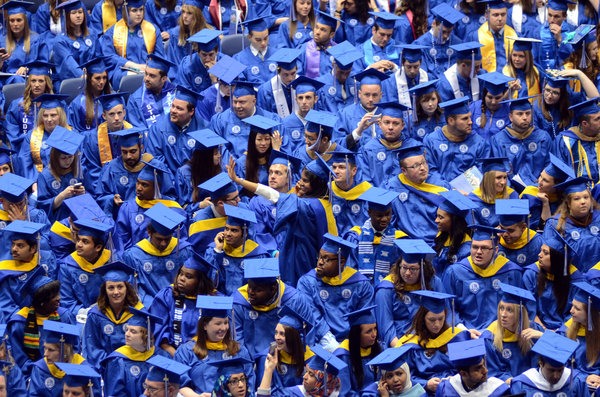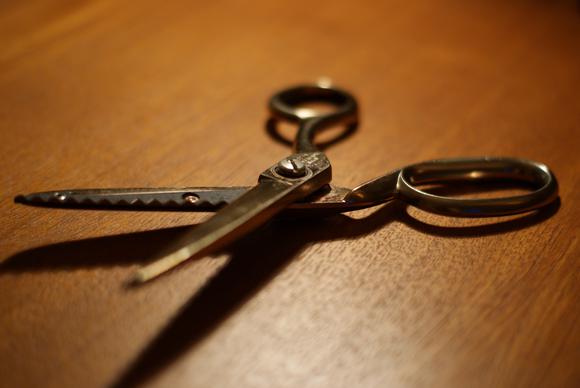Student loan debt is a big issue for Millennials. It is the most common way of funding your college and graduate school education – but doing so has become a ‘Game of Loans’.
But before you start to think that getting a student loan is like an alliance with the House of Lannister, understanding what you are getting into is an important first step.
In the U.S., the total outstanding student loan debt is around $1.2 trillion dollars with the average student debt for a grad being around $33.000 (2014 figures).
Come off of graduation day with $33,000 in debt that begins to require monthly payments shortly thereafter can definitely take the wind out of your sails – and prevent you from being able to purchase other things you might want, like a car or home.
Perhaps the biggest question you need to ask yourself is what is the return on my investment for the education you are financing. Will the degree you earned, ‘pay off’ in giving you enough income over your working life to afford paying off the loan it required -and- prove you with enough remaining $$$ to actually live the life you want.
As a general rule – try to avoid student loans as much as possible. Look for other monies, some of which is available for little cost to you in scholarships.
It’s sometimes daunting to understand all the facets of the ‘Game of Loans’ – but taking steps to understand the rules of the game will prevent you from ending up with the dragons.

